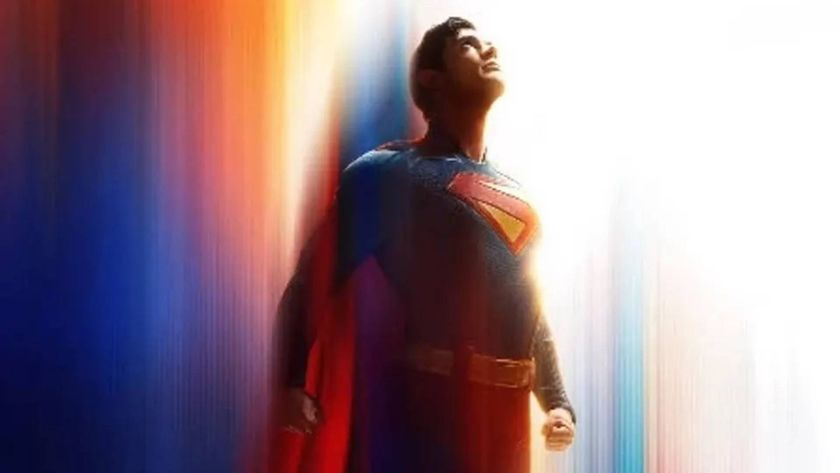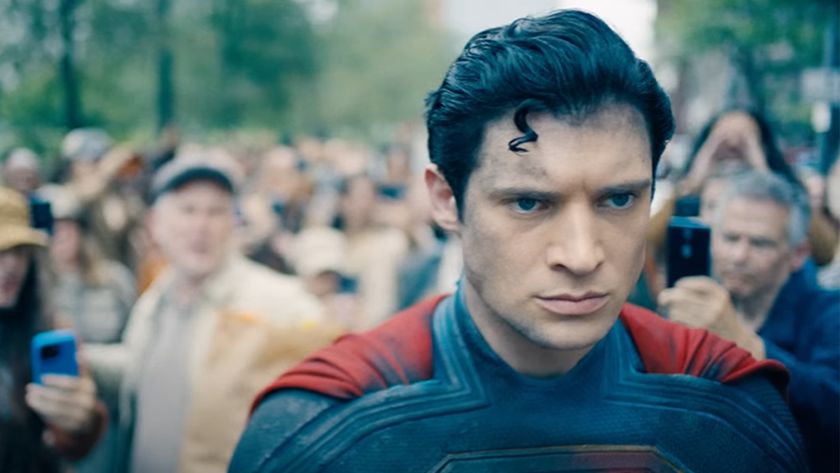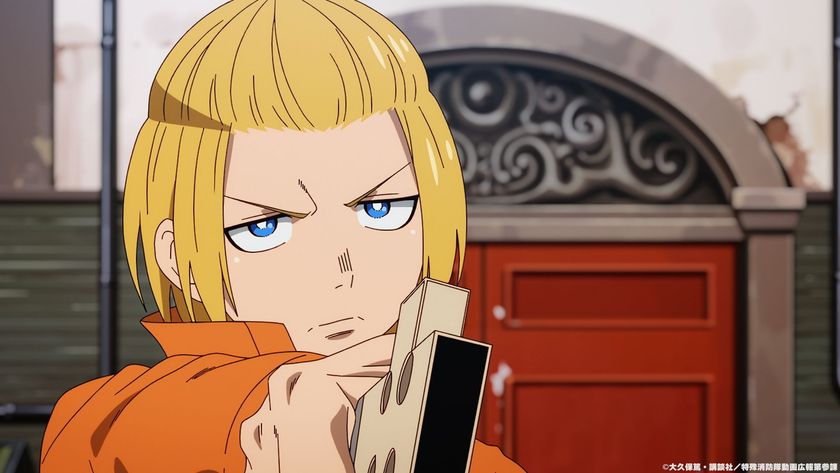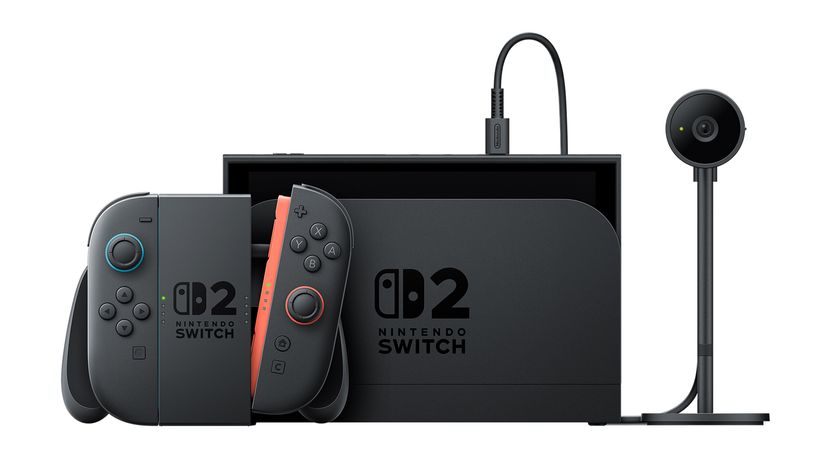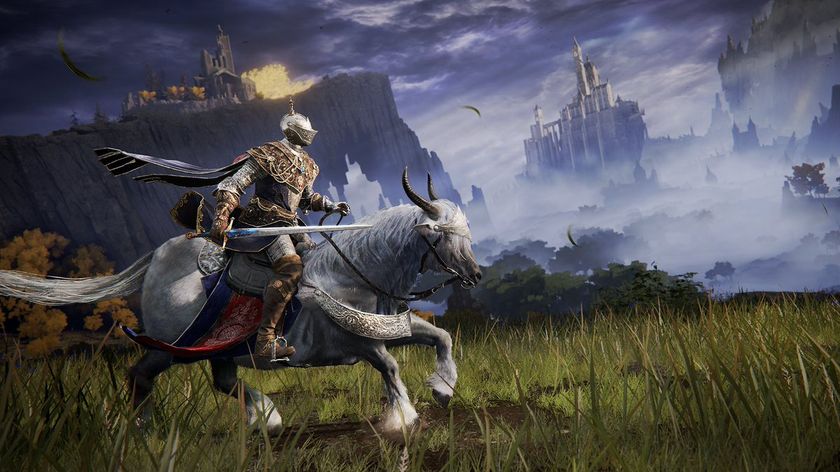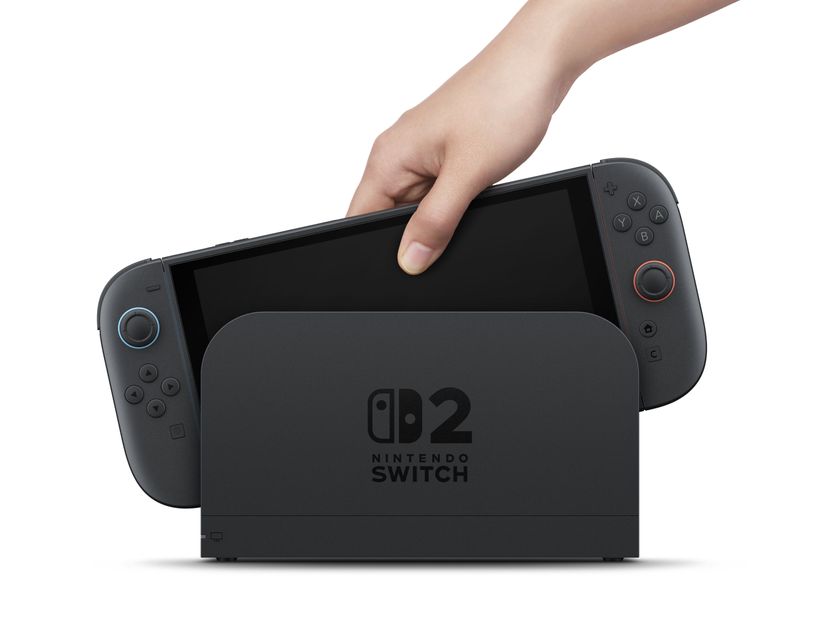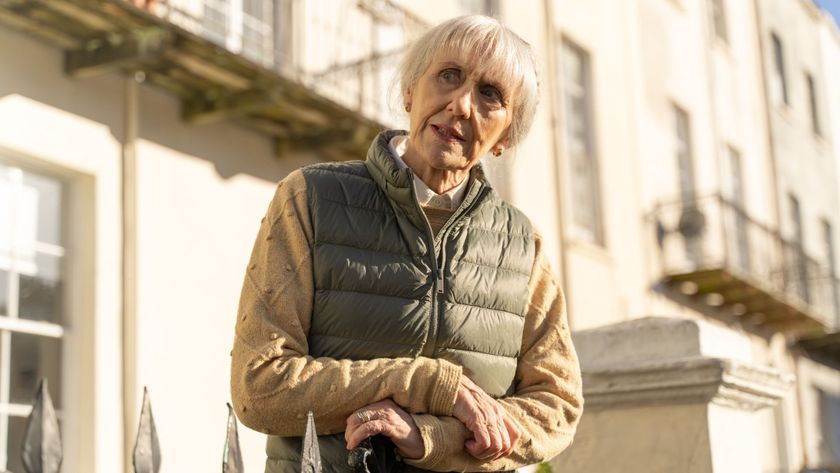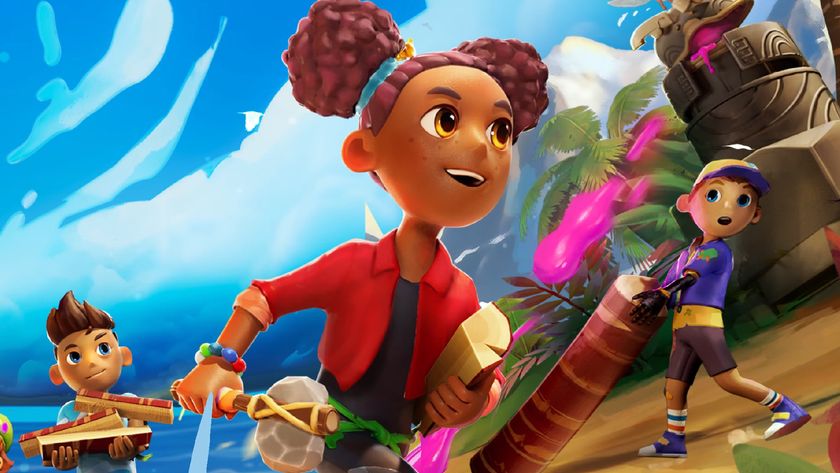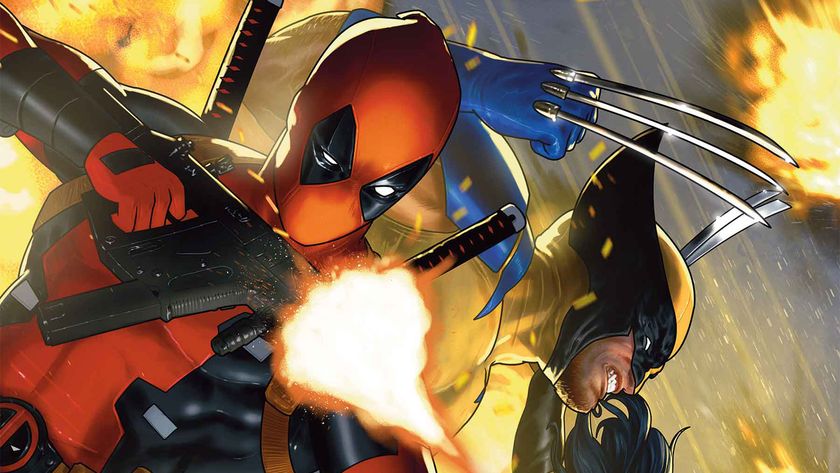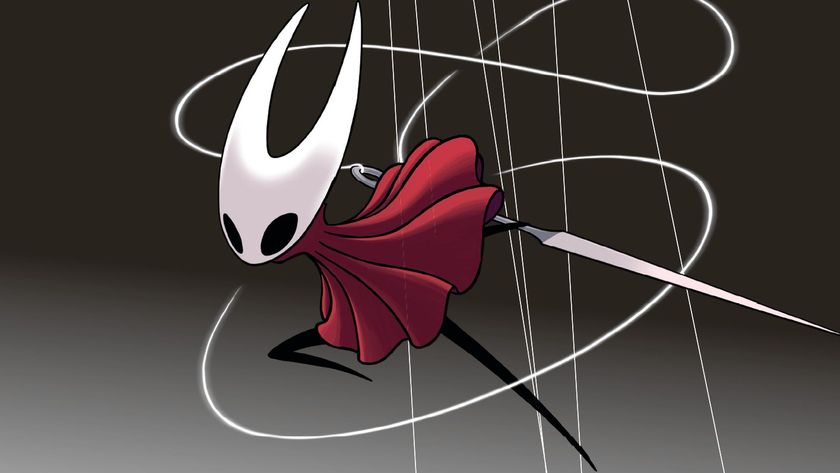For the God of War TV series to work, it needs Kratos’ Greek tragedy
Why Amazon’s God of War series shouldn’t ignore Kratos’ video game roots
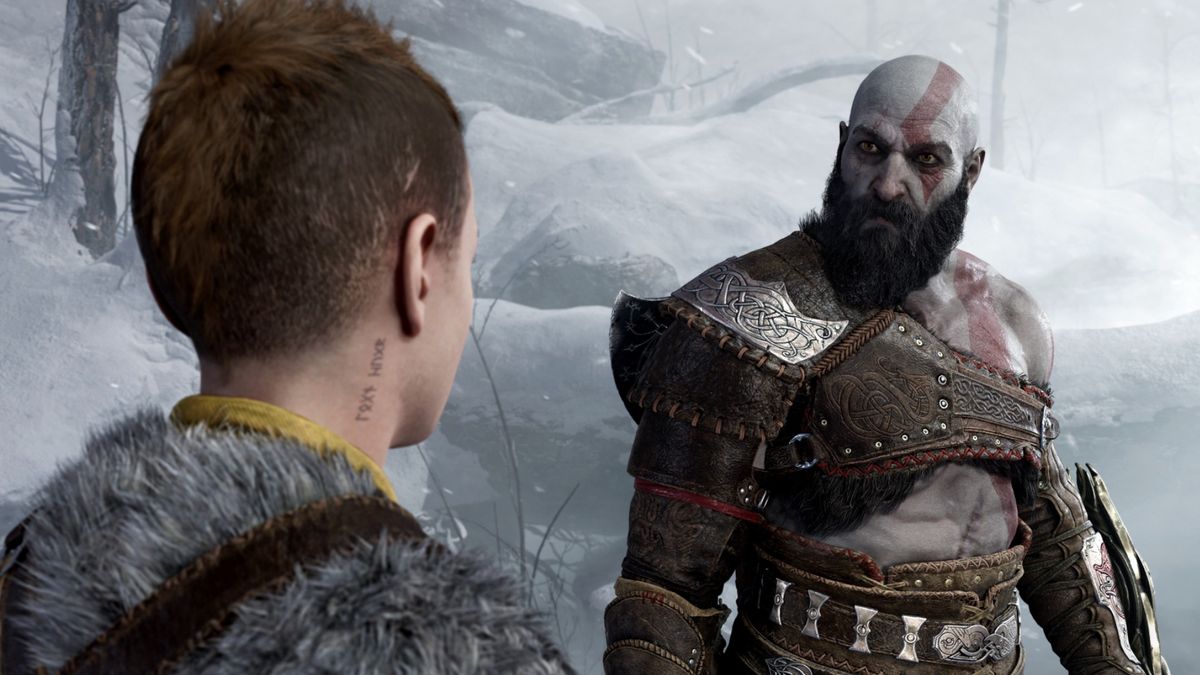
It’s happening: A God of War series is coming to Amazon. Set against the backdrop of Norse mythology, the video game adaptation will follow former Greek god Kratos as he journeys to spread his dead wife’s ashes at the highest peak in all the Nine Realms – all while tasked with bringing up his son and doing battle with gods who would wish them harm.
Except that’s not the beginning of Kratos’ story. Far from it. While the Kratos we’re likely to see on Amazon will bear close resemblance to the detached daddy that Christopher Judge portrayed across 2018’s soft God of War reboot and its 2022 Ragnarok sequel, there’s a real danger that the character’s storied past will be swept to one side.
What began back in 2005’s God of War as a tragic tale of a Spartan being tricked into murdering his wife and child morphed into one of rage against the incumbent god of war, Ares – and eventually more of Ancient Greece’s pantheon. At the time, it was a breath of fresh air: angry, physical, and brutally straightforward in its revenge arc as Kratos scaled Olympus’ heights to cause the fall of the gods.
Make no mistake, Kratos’ latter-day Norse reinvention is nothing short of a masterpiece: a solemn, pitch-perfect introspection that simultaneously threads the needle between the struggles of being a parent and the Ghost of Sparta’s blood-soaked past. But it’s that past – the deicide, the decapitations, and all that comes with it – that must not be ignored.
An incomplete saga
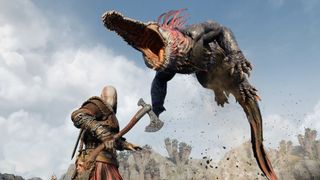
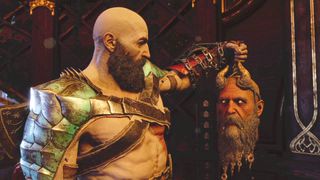
God of War Ragnarok review: "For the most part this is exceptional"
While it’s true that, even in the later games, this history is only ever hinted at through musical cues, allusions, and incidental dialogue, it’s still a past that physically exists – and can be experienced across multiple PlayStation generations. In the upcoming Amazon series, there’s every chance it could be relegated to flashbacks or, worse, scarcely mentioned at all. Obscuring that history would be doing a disservice to a character that has been transformed from poster child of ‘mature’ mid-noughties edginess to something that reflects AAA gaming’s willingness to favor intimate character work over sheer spectacle.
There is one moment in 2018’s God of War that is rightly held aloft as one of the series’ defining interactions – and a prime example of why Kratos’ Greek tragedy can’t be reduced to a mere footnote.
In God of War’s most potent and affecting scene, Kratos physically grasps his past. The voices of a Greek chorus swell as he returns to his humble shack and reclaims the Blades of Chaos, his signature weapons from the original God of War trilogy. Newcomers to the series may have recognized the significance of what was taking place, but it just doesn’t truly hit without building off what Kratos has left behind.
Sign up for the Total Film Newsletter
Bringing all the latest movie news, features, and reviews to your inbox
There are dozens of tiny moments like this dotted around the latter two games, each finding their roots in the original trilogy and only enhanced by Kratos’ epic Greek exploits. Take Kratos’ standoffishness with Atreus: it makes sense in the broad story of grief being told during 2018’s God of War, yet knowledge of Kratos’ ancient adventures – such as the loss of his daughter Calliope – means that father-and-son relationship is tinged with an altogether more melancholic and protective tone.
While everything is still in flux and open to speculation, Amazon’s God of War starting point will, then, make Kratos’ saga feel potentially incomplete. It’s akin to starting Star Wars at the Empire Strikes Back or The Lord of the Rings at The Two Towers. Without that genesis, you not only miss out on who Kratos was, you disregard what it cost for him to get to this point. Because without that Kratos, you don’t get the next Kratos, the one that’s allowed to fail, to grow, and learn how to be a father.
God of Lore
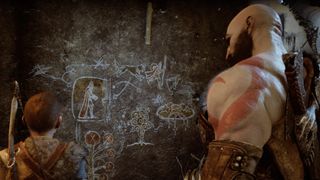
"With an already baked-in fan base and crossover mainstream appeal, Amazon's God of War should be a success. Yet, there will always be a slightly hollow feeling for many who've experienced Kratos’ evolution over the past two decades."
What can showrunner Rafe Jenkins (The Wheel of Time) do to ensure two parts of a very separate whole are able to connect? A brave choice would be to devote several episodes – and entire arcs – to piecing together Kratos’ entire story in a back-and-forth narrative between Midgard and Olympus. Seeing the yin-and-yang of the hair-trigger Kratos in Greece and the more reserved – yet no less terrifying – figure who stalks through the Nine Realms is a captivating character study in and of itself.
But, short of Thor launching Amazon execs back through time, it appears God of War will follow the same path as its gaming cousin – shorn of the extra context that enriched so many of its story beats.
For many, that won’t be noticed. God of War’s journey is set to be a streaming service’s dream, filled with visceral action, a close-knit cast of characters, and the chance to see the sprawling, lush jungles of Vanaheim and charred embers of Muspelheim come to life on our screens. With an already baked-in fan base and crossover mainstream appeal, it should be a success. Yet, there will always be a slightly hollow feeling that gnaws at the back of the minds of many who have experienced Kratos’ evolution over the past two decades.
As God of War: Ragnarok hurtled towards its final act, we see one of Kratos’ final conversations with his wife, Faye. "To grieve deeply is to have loved fully," she tells him, the heavy weight of sorrow written all over Judge’s face.
The game never once explicitly tells you, but Kratos has lost a family and his entire land before even meeting Faye. It’s those small, quiet moments, not the rage-fuelled killing sprees, that God of War does best. Of course, it’s something that could only be accomplished after spending years with Kratos, not hitting fast forward on it. Because of that, the TV show may never hit the Olympian peaks of developer Santa Monica Studio’s output – but let’s just hope Amazon can do right by the character by the time Kratos heads to the Giant’s Fingers.
Need a new adventure? Check out the best games like God of War smashing skulls right now
I'm the Senior Entertainment Writer here at 12DOVE, focusing on news, features, and interviews with some of the biggest names in film and TV. On-site, you'll find me marveling at Marvel and providing analysis and room temperature takes on the newest films, Star Wars and, of course, anime. Outside of GR, I love getting lost in a good 100-hour JRPG, Warzone, and kicking back on the (virtual) field with Football Manager. My work has also been featured in OPM, FourFourTwo, and Game Revolution.

